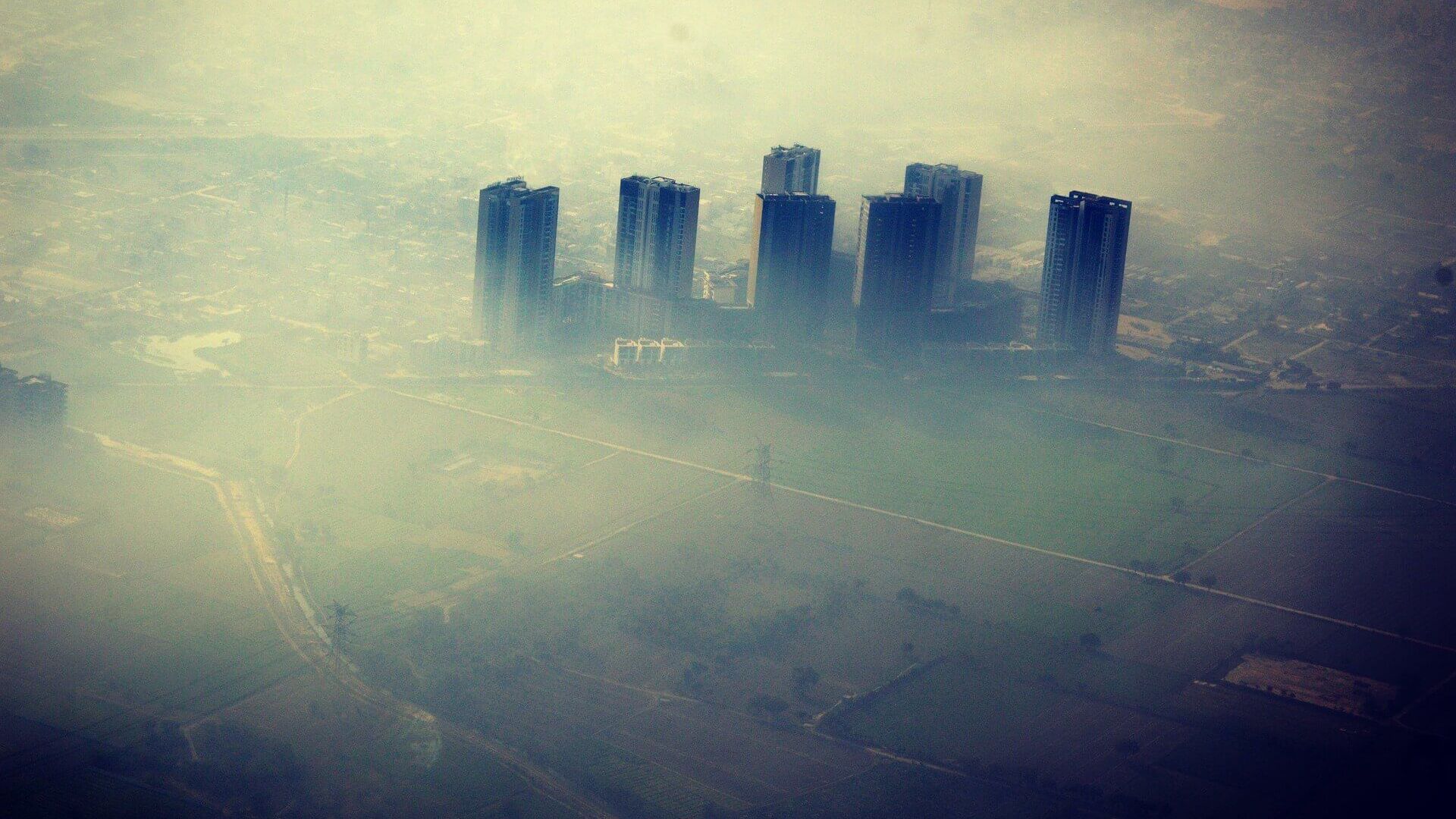https://sputnikglobe.com/20210901/pollution-likely-to-reduce-life-expectancy-of-40-of-indians-by-nine-years-study-1083766328.html
Pollution Likely to Reduce Life Expectancy of 40% of Indians by Nine Years: Study
Pollution Likely to Reduce Life Expectancy of 40% of Indians by Nine Years: Study
Sputnik International
According to a 2020 report by Swiss pollution monitoring firm IQAir, 35 of the world's 50 most polluted cities are in India. In 2020, New Delhi was the world's... 01.09.2021, Sputnik International
2021-09-01T13:13+0000
2021-09-01T13:13+0000
2022-12-10T11:49+0000
newsfeed
world
environment pollution control authority
pollution
life expectancy
https://cdn1.img.sputnikglobe.com/img/07e4/08/13/1080212561_0:98:1920:1178_1920x0_80_0_0_ea8e7b1b99082e0c02778bc126d6f658.jpg
A US-based research firm, the Energy Policy Institute at the University of Chicago (EPIC) released a report on Wednesday claiming air pollution is likely to reduce the life expectancy of about 40% of Indians by more than nine years.The study's findings revealed that more than 480 million people living in the vast swaths of central, eastern, and northern India, including New Delhi, endure significantly high pollution levels."Alarmingly, India's high levels of air pollution have expanded geographically over time... For example, air quality has significantly worsened in Maharashtra and Madhya Pradesh", the EPIC report said.Hailing India's National Clean Air Programme (NCAP), which was launched in 2019 and aims to reduce pollution in the 102 worst-affected cities by 20%-30% by 2024, the EPIC report said "achieving and sustaining" the NCAP's goals would raise the country's overall life expectancy by 1.7 years and that of New Delhi by 3.1 years.From ensuring cuts in industrial emissions and vehicular exhaust to introducing stringent rules for transport fuels and biomass burning, and reducing dust pollution, the NCAP's extensive action plans focus on bringing down the dangerous pollution levels and establishing better monitoring systems.Last year, New Delhi's 20 million residents breathed some of the cleanest air as the coronavirus lockdown turned out to be a boon in battling toxic air despite a sharp increase in farm residue burning in the nearby states of Punjab and Haryana.
Sputnik International
feedback@sputniknews.com
+74956456601
MIA „Rossiya Segodnya“
2021
Sangeeta Yadav
https://cdn1.img.sputnikglobe.com/img/07e4/08/1b/1080292803_0:121:960:1081_100x100_80_0_0_7490b319dab9611e309056b177265184.jpg
Sangeeta Yadav
https://cdn1.img.sputnikglobe.com/img/07e4/08/1b/1080292803_0:121:960:1081_100x100_80_0_0_7490b319dab9611e309056b177265184.jpg
News
en_EN
Sputnik International
feedback@sputniknews.com
+74956456601
MIA „Rossiya Segodnya“
Sputnik International
feedback@sputniknews.com
+74956456601
MIA „Rossiya Segodnya“
Sangeeta Yadav
https://cdn1.img.sputnikglobe.com/img/07e4/08/1b/1080292803_0:121:960:1081_100x100_80_0_0_7490b319dab9611e309056b177265184.jpg
newsfeed, environment pollution control authority, pollution, life expectancy
newsfeed, environment pollution control authority, pollution, life expectancy
Pollution Likely to Reduce Life Expectancy of 40% of Indians by Nine Years: Study
13:13 GMT 01.09.2021 (Updated: 11:49 GMT 10.12.2022) According to a 2020 report by Swiss pollution monitoring firm IQAir, 35 of the world's 50 most polluted cities are in India. In 2020, New Delhi was the world's most polluted capital for the third year in a row, causing damage to people's lungs and giving rise to many other health ailments due to a drop in air quality.
A US-based research firm, the Energy Policy Institute at the University of Chicago (EPIC)
released a report on Wednesday claiming air pollution is likely to reduce the life expectancy of about 40% of Indians by more than nine years.
The study's findings revealed that more than 480 million people living in the vast swaths of central, eastern, and northern India, including New Delhi, endure significantly high pollution levels.
"Alarmingly, India's high levels of air pollution have expanded geographically over time... For example, air quality has significantly worsened in Maharashtra and Madhya Pradesh", the EPIC report said.
It also stated that India's neighbour Bangladesh could raise average life expectancy by 5.4 years if the country improves air quality to levels recommended by the World Health Organisation.
Hailing India's National Clean Air Programme (NCAP), which was launched in 2019 and aims to reduce pollution in the 102 worst-affected cities by 20%-30% by 2024, the EPIC report said "achieving and sustaining" the NCAP's goals would raise the country's overall life expectancy by 1.7 years and that of New Delhi by 3.1 years.
From ensuring cuts in industrial emissions and vehicular exhaust to introducing stringent rules for transport fuels and biomass burning, and reducing dust pollution, the NCAP's extensive action plans focus on bringing down the dangerous pollution levels and establishing better monitoring systems.
Last year, New Delhi's 20 million residents breathed some of the cleanest air as the coronavirus lockdown turned out to be a boon in battling toxic air despite a sharp increase in farm residue burning in the nearby states of Punjab and Haryana.



